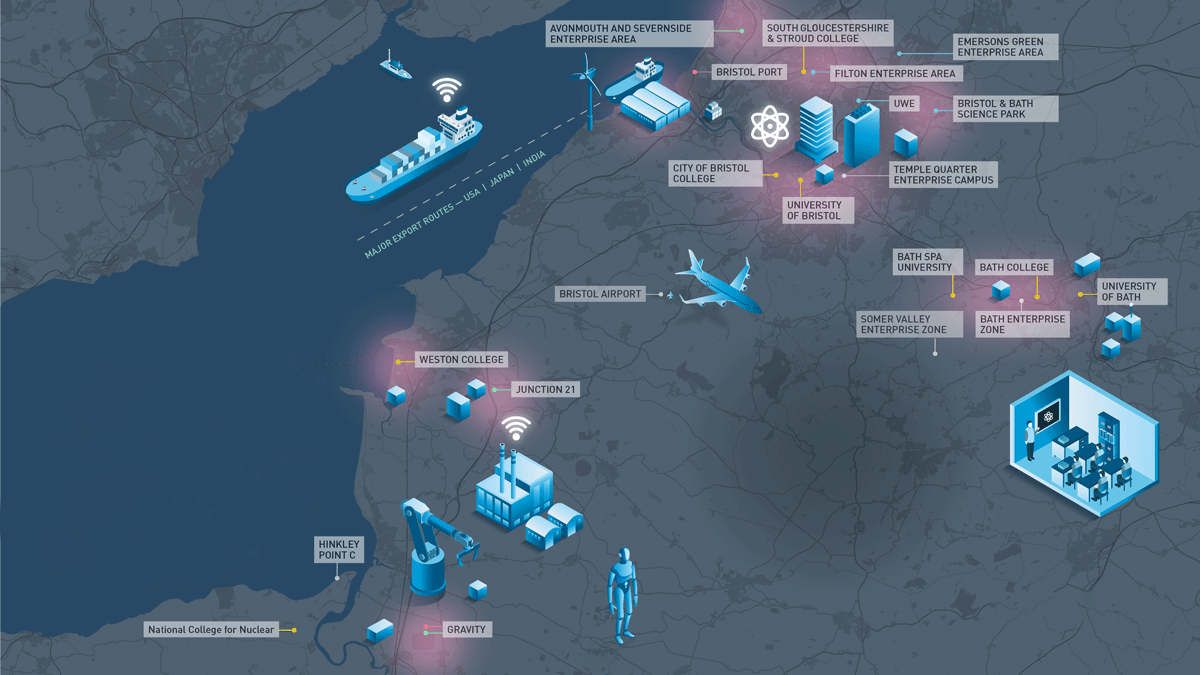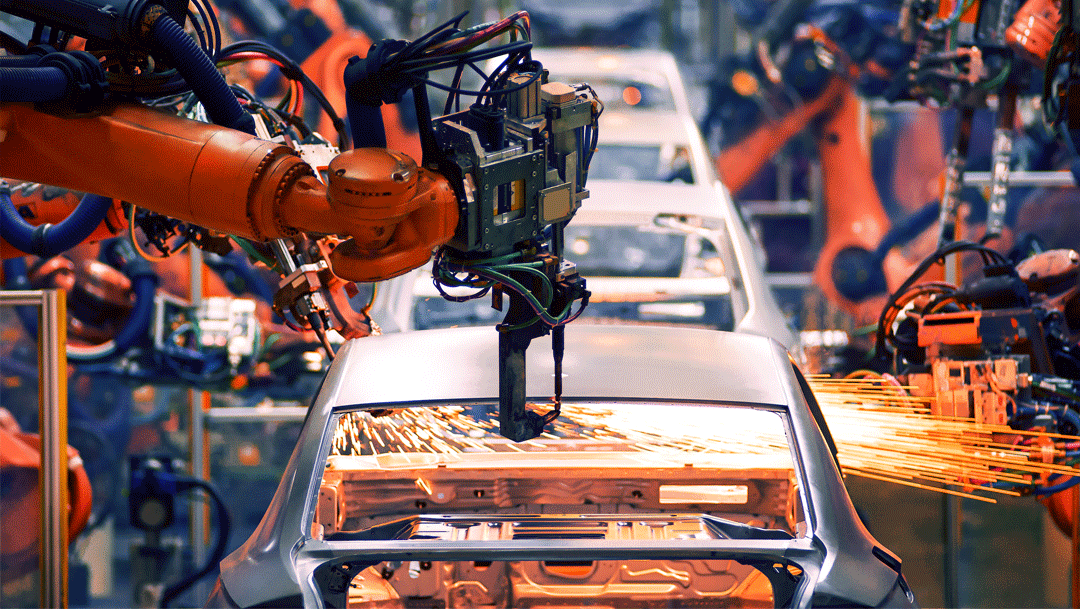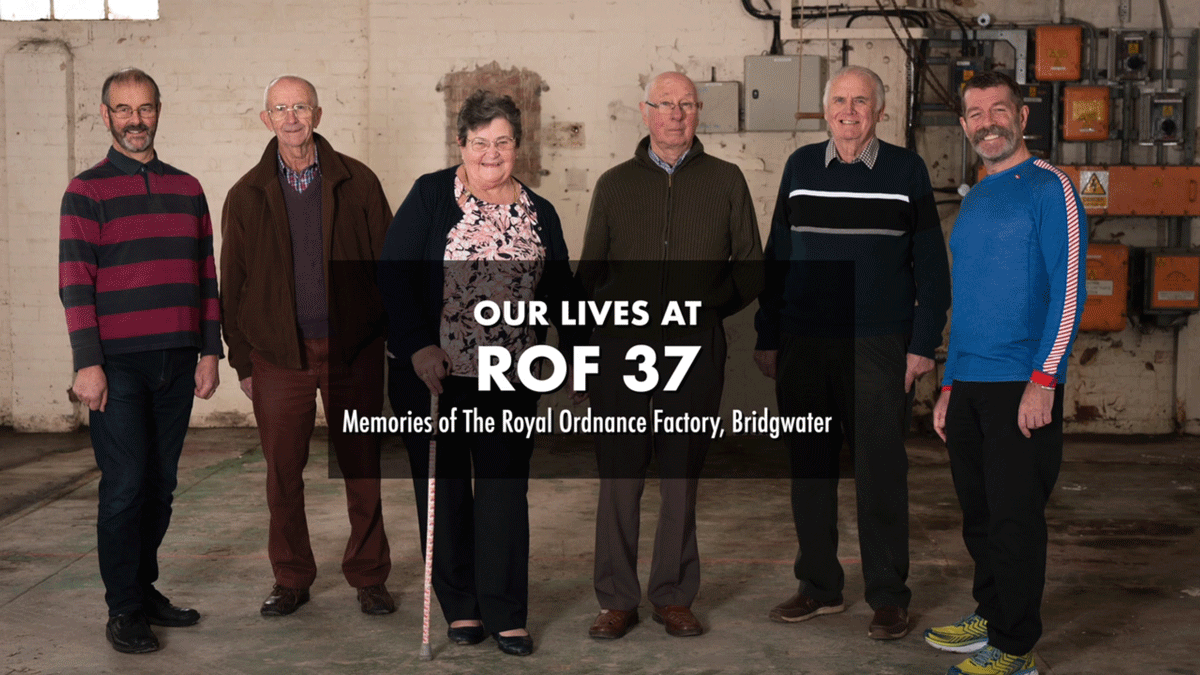UK manufacturing has been struggling for years now.
Before November 2019, when, unknowingly to the western world, coronavirus was spreading across a number of Chinese cities, British factories were already suffering from continuous falls in output and orders as Brexit uncertainty made many firms question their future on these shores.
Car manufacturers were the most high profile to announce either closures or plans to scale back their operations in the UK. But decline was seen across the board, from aerospace to pharmaceuticals.
And then Covid-19 hit. While Brexit uncertainty was bad for business, it would have been a short-term blip most likely. The economic implications of lockdown for manufacturing could be generational.
Research published last April by the Centre for Progressive Policy, a think tank, claimed that manufacturing would bear the economic brunt of Covid-19 due to factories having to abruptly shut up shop in line with the government’s social distancing guidelines.
The study found that the decline in economic output from this could be a staggering 50 percent over the second quarter of this year.
In its latest purchasing managers index (PMI), IHS Markit/CIPS revealed that the manufacturing sector, although more optimistic than this time last year, is still being hit by significant supply chain issues, Covid-19 disruptions, stalling exports, input shortages and rising cost pressures.
The survey revealed that, although business optimism had hit a nine-month high, buoyed by the successful vaccine roll-out programme, there is still near-stagnant production in the sector, widespread shipping delays and confusion following the end of the Brexit transition period.
To make matters worse, this is not just the UK suffering. The pandemic is strangling the entire global economy. When China – the world’s manufacturing hub – began imposing strict lockdown measures, factory production was put on hold and global supply chains crippled.
But, with every challenge comes an opportunity – and that is how we must view the pandemic if we are to thrive as a country and as an economy. Clearly, there is likely to be more demand for localised production as many countries will be wary of relying on global supply chains given that the system has been exposed as incredibly fragile.
Fundamentally, that gives us the chance to reboot manufacturing in this country,
To begin with, policymakers must commit to increasing funding to help speed up the development of advanced manufacturing facilities. Innovation campuses, such as our 635-acre Gravity site in Somerset, will hold the key to attracting the world’s most forward-thinking companies to Britain.
These facilities must place a huge importance on giving start-ups and unicorns the ability to share knowledge. This will help manufacturers in the robotics, artificial intelligence, electric vehicles, and research & development (R&D) sectors optimise their offerings and increase productivity.
The government must also commit to making the sector more resilient.
Of course, greater resilience comes at a price. And in the current pandemic-fuelled recession, manufacturers are not likely to invest for long-term resilience when facing short-term existential threats.
This is where the state can and should step up. Investing in collaborative R&D is a catalyst for innovation. Even the most R&D intensive manufacturers preferentially invest only when a product is close to commercialization, where the likelihood of a positive return is greatest. Closing the “valley of death” – the gap between basic R&D and commercialization – will require governmental support to leverage private sector funding.
Ultimately, a more resilient, self-efficient manufacturing sector would help Britain become less reliant on the same global supply chains that have been made redundant over the last few weeks. But for Britain to achieve Industry 4.0, investment and long-term guidance will be critical.




